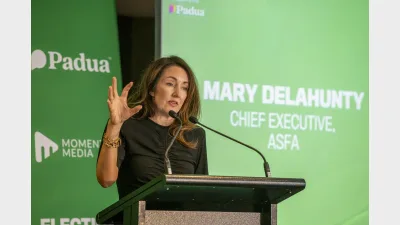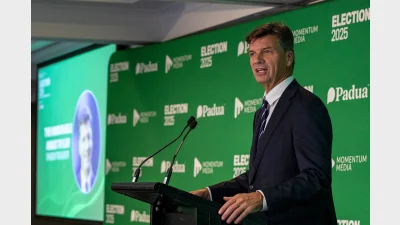Extend co-contribution regime – AIST
The Australian Institute of Superannuation Trustees (AIST) has called for the enhancement of the superannuation co-contribution regime for low-income earners.
Responding to an announcement by the Minister for Superannuation and Corporate Law, Senator Nick Sherry, that nearly 14 per cent more Australians had taken advantage of the co-contribution arrangements, the chief executive of the AIST, Fiona Reynolds, said the figures were encouraging but could be improved further. She said recent AIST research had shown that the main beneficiaries of the current scheme were older people with disposable income while the scheme had failed to benefit many young families and those on low incomes.
“More needs to be done to help boost the retirement savings of low income earners, who don’t have the spare cash to top up their super,” Reynolds said.
She said AIST wanted to see the co-contribution scheme enhanced in several ways, including raising the current eligibility income level to $75,000 and introducing a universal Government contribution for low income earners, irrespective of whether they made a voluntary contribution.
Recommended for you
Aware Super has made a $1.6 billion investment in a 99-hectare industrial precinct in Melbourne’s North which, the fund clarified, also houses the nation’s first privately funded open-access intermodal freight terminal.
ASFA has affirmed its commitment to safeguarding Australia’s retirement savings as cyber activity becomes an increasing challenge for the financial services sector.
The shadow treasurer is not happy with the performance of some within the super sector, telling an event in Sydney on Thursday that some funds are obsessed with funds under management, above all else.
As the Australian financial landscape faces increasing scrutiny from regulators, superannuation fund leaders are doubling down on their support for private markets, arguing these investments are not just necessary but critical for long-term financial stability.












